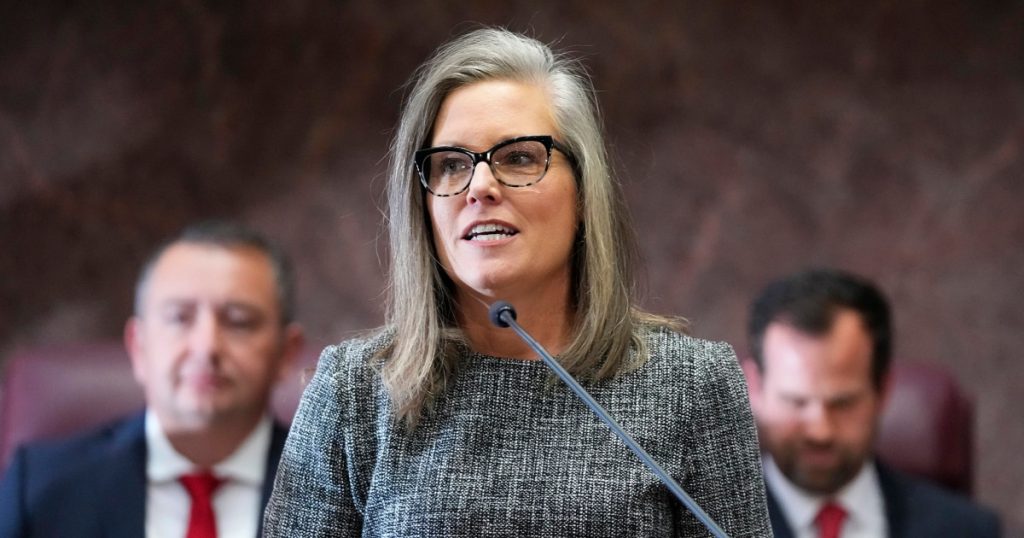Arizona State Rep. Alex Kolodin utilized AI software, specifically ChatGPT, to help define “digital impersonation” in new legislation aimed at regulating deepfake technology in the state. The bill, House Bill 2394, was signed into law by Democratic Governor Katie Hobbs earlier this week. This move comes in the midst of a national conversation surrounding digital impersonations, as seen with actor Scarlett Johansson’s recent comments regarding an AI company using a voice similar to hers without her consent. More states are introducing and passing similar legislation to address deepfakes, especially in anticipation of the 2024 election and concerns about AI-driven disinformation.
Kolodin explained that he turned to ChatGPT to assist with the technical aspects of defining a deepfake within the bill, a task he found challenging. By using the AI software, he was able to generate a subparagraph that effectively captured the essence of digital impersonation. Despite his use of ChatGPT in this capacity, Kolodin emphasized that there were multiple layers of review in the legislative process, including input from stakeholder groups like the ACLU and the broadcasters association. He also noted that the portion of the bill involving ChatGPT was among the least amended, suggesting that the software’s contribution was relatively successful.
While Kolodin acknowledged that there could be potential pitfalls associated with using AI to draft legislation, he argued that similar risks existed with relying solely on human drafters, such as legislative attorneys. He emphasized that he made limited use of ChatGPT in this instance, primarily for a specific technical definition, and supplemented this with his own legal and political expertise as well as the traditional legislative process. Kolodin believed that any flaws in the drafted language could have been identified and addressed within this framework.
Surprisingly, Governor Hobbs was not aware that ChatGPT had been used in drafting the legislation she signed into law. Kolodin intentionally kept this information hidden until after the bill had been enacted. He admitted that he wanted the revelation of the AI software’s involvement to come as a surprise. Despite this secrecy, the representative for the governor’s office confirmed that Hobbs had no knowledge of Kolodin’s use of ChatGPT during the drafting process.
The utilization of AI technology like ChatGPT in legislative processes raises questions about the intersection of artificial intelligence and policymaking. While AI can offer valuable assistance in complex technical areas, there are concerns about transparency, accountability, and potential errors in AI-generated content. Kolodin’s experience highlights the evolving role of AI in lawmaking and the importance of balancing technological innovation with established legislative practices. As more states grapple with regulating emerging technologies like deepfakes, the integration of AI in policymaking could become more commonplace, sparking further discussions on the ethical and practical implications of this approach.


